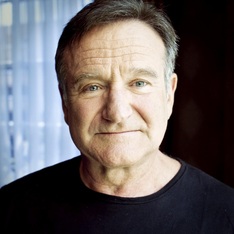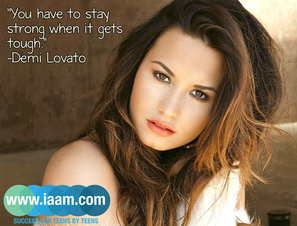
A few weeks ago, we lost one of our generation’s greatest, and liveliest, actors, Robin Williams. Robin, after a long battle with severe mental illness, passed away due to an apparent suicide. The death shocked not only his colleagues, family and friends, but also the rest of the world. His passing, however, started the much needed, but never actually done, discussion about mental illness. Robin had always been open and honest about his battles and suffering with addiction and mental illness. Since Robin’s untimely passing, numerous people, celebrities included, have come forward to talk about mental disorders and their battles. So, let’s talk about mental illness.

Let’s make one thing clear, people who have been diagnosed with a mental disorder – it is not their fault. They did not ask for it, nor would they ever ask for it. Their brains (and minds) formed differently. Mental illness, also known as a mental disorder or psychiatric disorder, is a pattern, usually mental or behavioral, that causes someone to either have an impaired ability or to suffer while function in every day, ordinary life. The illness that the person can have also causes, at times, behaviours and/or actions that are not generally developmentally and socially normal. The causes behind mental disorders are large and varied, often at times are extremely unclear. In some cases, one just never knows what causes what is going on in another’s brain, nor can they explain why.
There are a variety of mental disorders in the world. If broken down, there are hundreds upon hundreds. These include addictions (alcohol dependence, drug dependence etc.), General Anxiety disorders, Anorexia, Bipolar (I & II), OCD, Social Anxiety, Manic Depression, Parkinson’s Disease and more. These are just a few of numerous mental disorders.
Why are people so uncomfortable with mental illness? Maybe it’s because mental illness is something different, or because people won’t talk about it. Many feel that because it can’t be seen, it either doesn’t exist or isn’t as important. What we need do need to is talk. We need to stop and think before we judge or make up our minds about someone with mental illness. One of the reasons that Disney chose Demi Lovato to sing the pop version of Let It Go, from the hit film Frozen, was due to her openness about her past and her struggles with bulimia, self-harm and Bipolar disorder. Demi has acknowledged that she is not fully recovered, but works every day towards getting better. Demi is one of the most open when it comes to discussing her fight with her disorders. She is a champion supporter of mental health research and is highly regarded as such.

In 2011, Catherine Zeta-Jones began to receive treatment for Bipolar II Disorder and continues to receive treatment for the disorder. Since then, she has become a vocal supporter of treatment and research towards Bipolar and other disorders. Other supporters of mental health treatment, research and more include Brooke Shields, Emma Thompson, Jon Hamm, Bryce Dallas Howard, Davina McCall, and Ashley Judd. All of these people have, or have had, a form of mental illness.
Many people who have a disorder often feel very, very alone. This is a common trait. Sometimes, they cannot see outside of the suffering that is going on in their mind. With the stigma that already comes with the illness, many feel even more alone and frightened. The first step towards many things is acceptance. Ways that people can help end the stigma and push the discussion along is to talk, learn and listen. Hopefully, with this article, we can help people see that they are not alone, and also start people talking more. Mental illness is nothing to be ashamed of. There are numerous resources out there. Organizations such as Mind, You Know Who I Am, and NAMI are all brilliant places to start to get help. The Samaritans (UK), Mental Health Helpline (Canada), and NAMI (US) all offer helplines, with the first two being available 24/7.
 RSS Feed
RSS Feed
